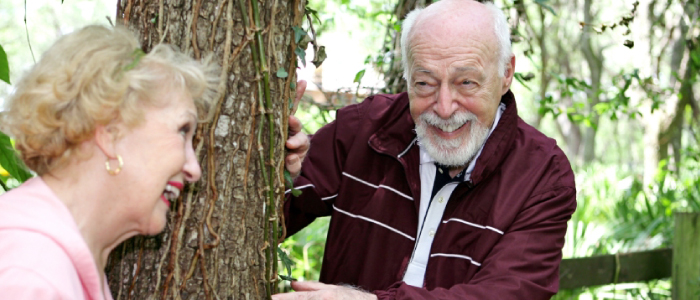 Should You Take Hormone Replacement Therapy to Prevent Osteoporosis?
Should You Take Hormone Replacement Therapy to Prevent Osteoporosis?
There is a misperception that osteoporosis begins at menopause. Actually, bone mass begins declining in most women in their mid-thirties, accelerates for 3-5 years around the time of menopause, and then continues to decline at the rate of about 1-1.5% per year. Conventional medicine has adopted the belief that osteoporosis is an estrogen deficiency disease that can be cured by prescribing estrogens. This is only partly true. The missing piece of this puzzle is diet and lifestyle, and the bone-building hormone progesterone, which drops much more at menopause than estrogen.
There is no question that estrogen can slow bone loss around the time of menopause, but the scientific evidence is very clear that after 5-6 years, bone loss continues at the same rate, with or without estrogen. A very large study published in the New England Journal of Medicine in 1995, found no benefit in estrogen supplementation in women over the age of 65. Progesterone, however combined with proper diet and exercise, steadily increases bone density regardless of age, there are very few women who should ever need to take estrogen for osteoporosis.
Women who need estrogen tend to be those who are petite, slim and small-boned. After menopause, a woman’s fat cells make estrogen, but a slim woman may not be making enough to keep up with bone loss. Those women may need a very low dose of estradiol.
There are a number of pharmaceutical drugs being used to treat osteoporosis. None of them work very well, and all have unpleasant side effects. One of the best known is Fosamax, a bisphosphonate drug that can slow bone loss. Unfortunately, the old bone which is saved by using Fosamax is structurally unsound, and after three or four years it has no benefit. It can actually increase the rate of hip fracture after about five years.
Fluoride was, for a time, being touted as an osteoporosis drug. Like Fosamax, it only slows bone loss temporarily.
Another conventional medicine osteoporosis drug is called Calcitonin-salmon (Calcimar). This is a hormone made by the thyroid gland that can temporarily slow bone loss. Again, the long-term side effects are not well known, and its effectiveness diminishes rapidly after a few years.
Talk to your health care practitioner about using a supplemental dose of progesterone to help prevent osteoporosis.
